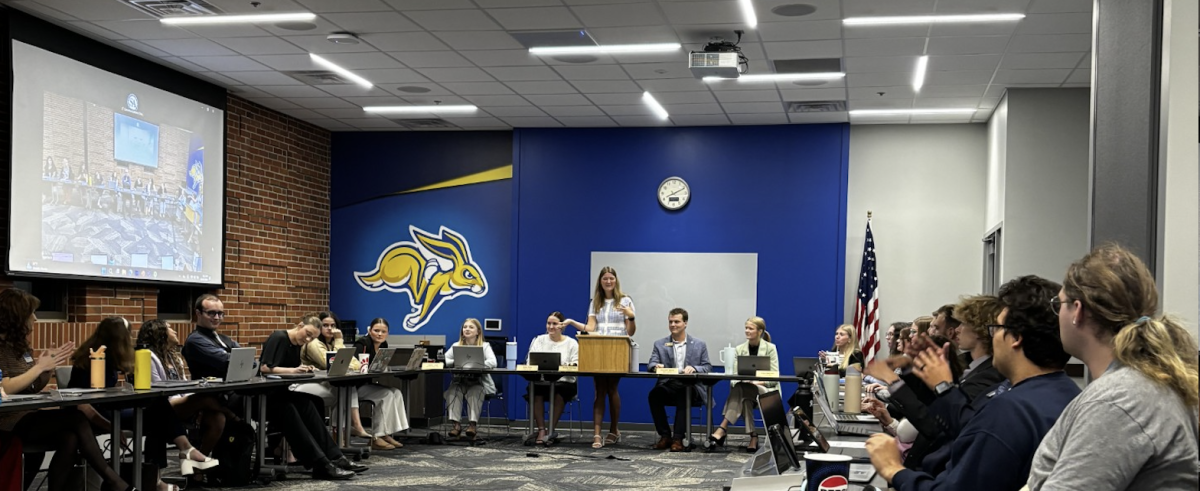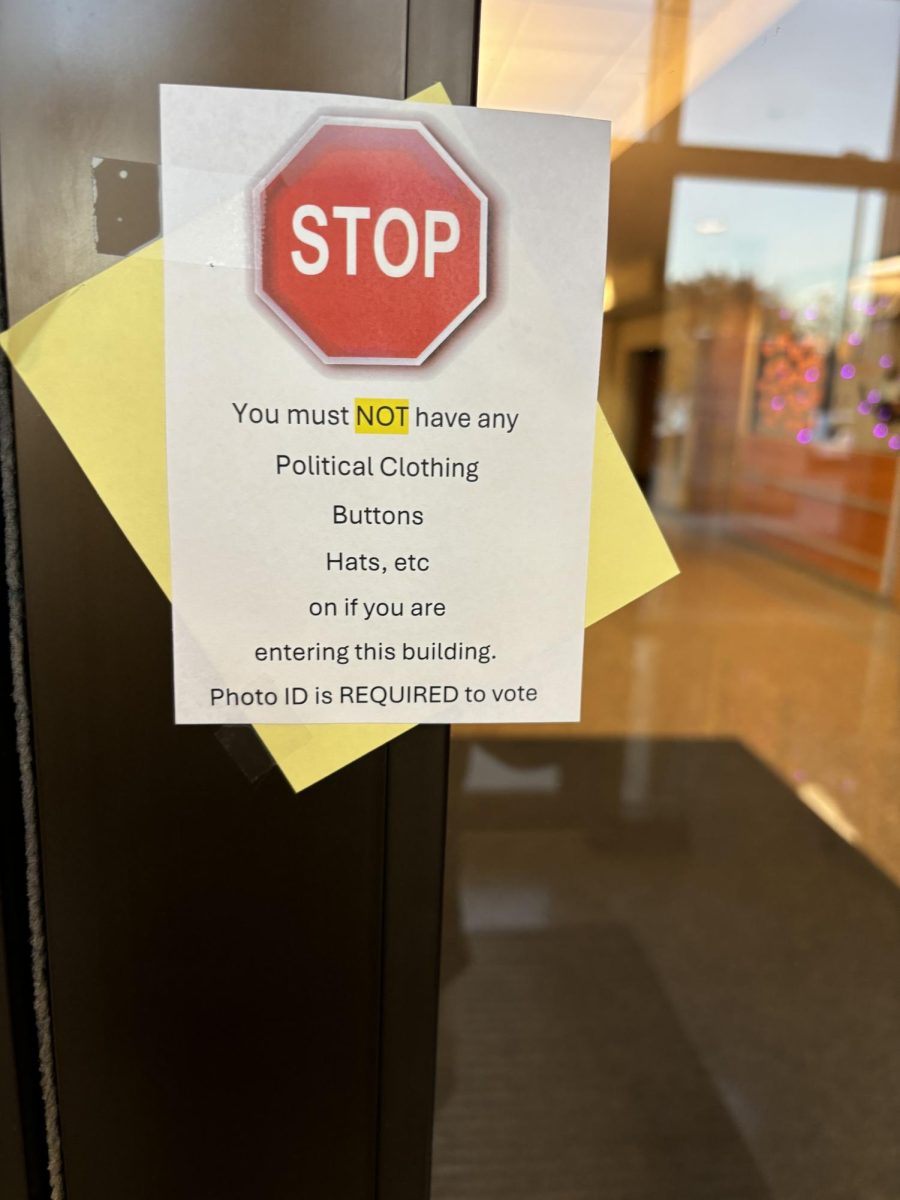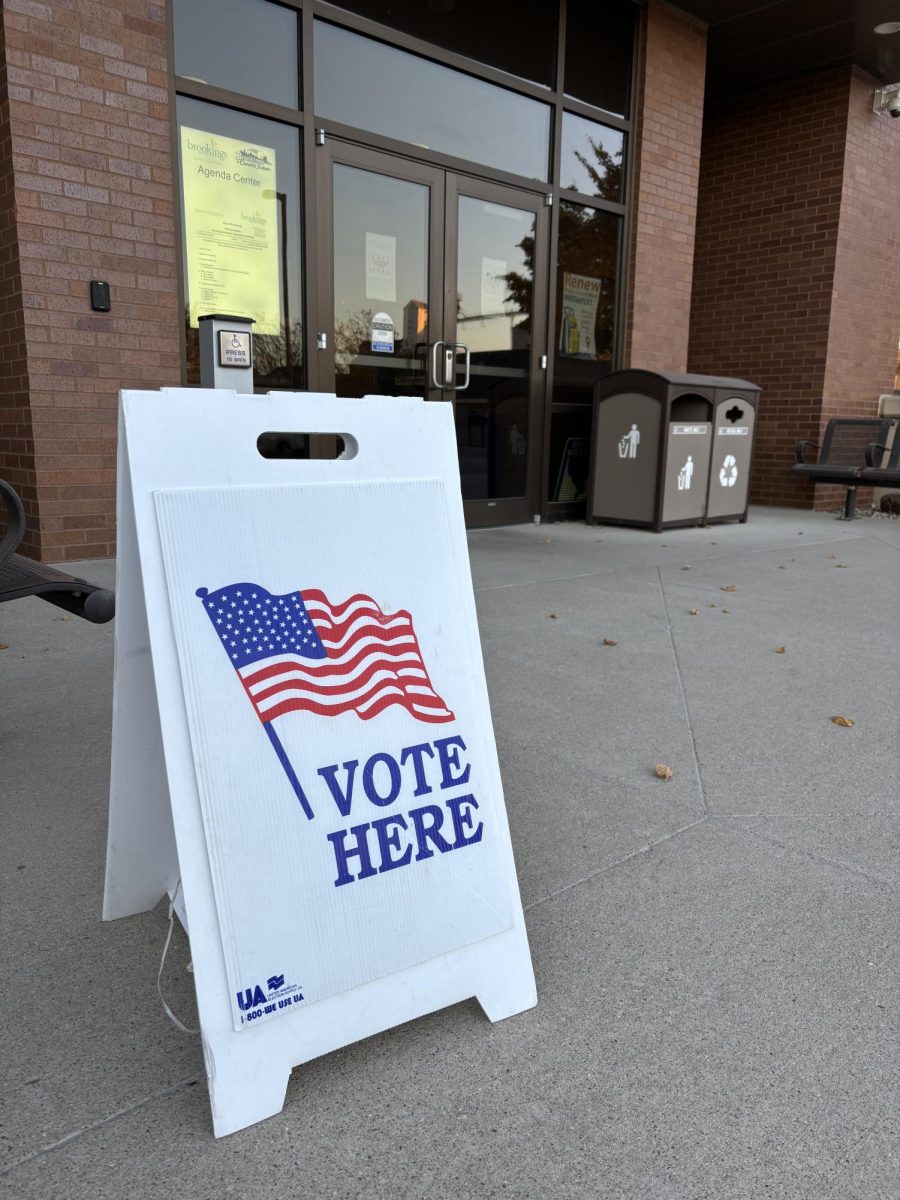What not to cut this winter with your budget
October 22, 2019
Cutting costs isn’t about making your life miserable.
Is a $10 latte every morning something you should probably cut back on? Yes. But if you need coffee to get through your 8 a.m., then maybe you cut it back to just before your Tuesday-Thursday class or get an at-home coffee pot that makes daily coffee more cost-efficient. Those are compromises make for a happy wallet, but there are things you shouldn’t cut costs on.
1. Paying in full
If you can afford it, you should make sure to pay your credit card and other bills in full. Interest payments can add hundreds or thousands of dollars to the purchase price of the things you bought, and that can be a very hard hole to dig yourself out of. The OnYourOwn article “Free Yourself from Debt” can help you if you’ve already started down that path.
2. Cheap out on insurance
It might suck having to pay your insurance bill every month when everything is going well, but if $20 a month can save you the $2,000 repair bill when you hit a pothole wrong, it’s well worth it. Instead, see if you can bundle things like auto and renters insurance, get good grade discounts or take a driving course on the weekend to lower your monthly payment.
3. Quality (Sometimes)
If a $50 pair of boots will last you until you graduate, that’s much better than a pair of winter boots for $25 you have to replace every year when your feet start getting soggy in the spring melt. However, if you don’t have that extra $25 to get the better pair, then you don’t have it. In that case, try and budget for those upgrades when it is possible and prioritize the things you’ll use the most.
4. Safety
Money isn’t everything. If it’s not safe for you to walk home every day across a busy road, then don’t do it just to save a few extra dollars a month. You can try alternatives like carpooling and taking public transportation when available. But if you get hit by a car, your bank account isn’t going to be your biggest concern.
When cutting costs, there’s often a lot of room for compromise or cutting things out of your life entirely. Finances don’t always make life easy or fun, but the security and independence that comes from well-managed finances is a freedom of its own. If you want to know more about how to manage your finances, you can visit SDSU Extension’s Family Finances page or, for articles geared especially toward college students, visit CashCourse.org. It’s free!
Mackenzie Smith is a guest columnist for The Collegian and can be reached at [email protected]





















